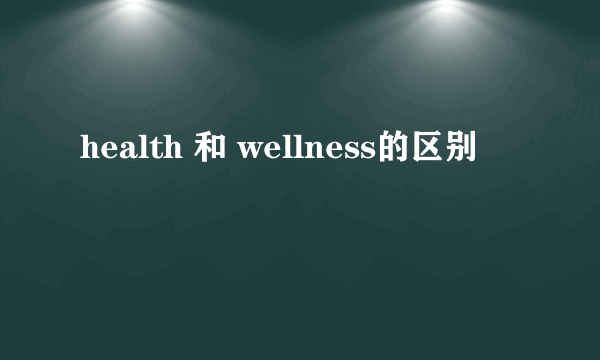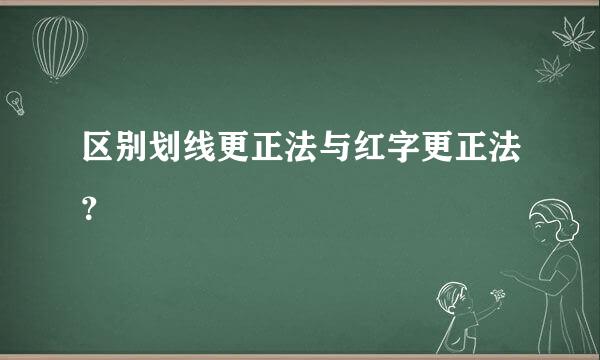
Health健康Definition: 定义: State of being well and usingØ every power the individual possesses "Health is a state of complete physical, mental, and socialØ well-beingand not merely the absence of disease"健康的状态与使用·运用——个体有用每种能力。世界卫生组织(WHO):健康是体格、心理与社会的完美和谐。健康不仅仅是没有疾病。Ø "Health is not a condition, it is an adjustment. It is not a state, but aprocess. The process adapts the individual not only to our physical, but also our social, environments" (President’s Commission)健康是指没有疾病,是调整不仅仅是一种状态而是一种过程。对个体而言不仅仅是我们的身体也是指与社会、环境的适应的过程。 most individuals define health asØ the following: being free of symptoms of disease and pain as much as being able to be active and able to do what they want ormust do being in good spirits most of the time大多数对健康的定义是:健康是没有疾病与的症状在大部分时间里有好的精神状态下御穗能够活动和做自己想要做的或必须做的事情。Wellness 健壮健壮是这凯巧样的一种状态——个体拥有一种发展的状态。最大的可能的潜能,不顾当前的健康状态。 an active process by whichØ an individual progresses towardsmaximum potential possible, regardless of current state of healthComponents of Wellness 健壮的内涵:1. physical, e.g身体层面 a. ability to carry out daily tasks有能力完成日常的任务。b. achieve fitness具备体适能c. maintain nutrition and proper body fat 维系营养和适度的体脂。d. avoid abusing drugs, alcohol, or using tobacco products避免滥用药物、酒精或使用烟草产品。e. generally to practice positive life-style habits 通常履行积极的生活习惯。2. social, e.g.: 社会层盯拆键面a. ability to interact successfully with people and within theenvironment of which each person is a part与他人或环境(人是环境的组成部分)能够成功的互动;b. develop and maintain intimacy with significant others与相关的人有共同的发展和维系亲密的关系。c. develop respect and tolerance for those with different opinionsand beliefs 尊敬和包容对不同观点与不同的利益。3. emotional, e.g 情绪层面a. ability to manage stress and express emotions appropriately 有能力管理压力和适当的表达情绪。b. ability to recognize, accept, and express feelings具备认知、接受和表达感受的能力。c. ability to accept one’s limitations接受他人的不足的能力。4. intellectual, e.g 智力层面a. ability to learn and use information effectively for personal,family, and career development 具备学习和使用对他人、家庭和职业发展所需的信息。b. striving for continued growth and learning to deal with newchallenges effectively努力奋斗可持续的增长和学习有效的新挑战。5. spiritual, e.g.:心灵层面a. belief in some force (nature, science, religion, or a "higher power") that serves to unite human beings and provide meaning and purpose to life 相信某种力量(自然、科学、宗教或“更高的动力”)可以团结人类和提供生活得有意义和建立生活得目标。b. includes a person’s morals, values, and ethics包括人的道德、价值和伦理6. occupational 职业层面a. ability to achieve a balance between work and leisure time 有能力获得工作于休闲之间的平衡。b. beliefs about education, employment and home influence personal satisfaction and relationships with others 相信教育、职业和家庭影响力和个人的满意度于他人的关系。7. environmental 环境层面a. ability to promote health measures that promote the standard ofliving and quality of life in the community促进健康方法的能力——促进在社区中提升生活水准和质量的能力。i. influences include:影响包括:1. food食物2. water水3. air 空气



